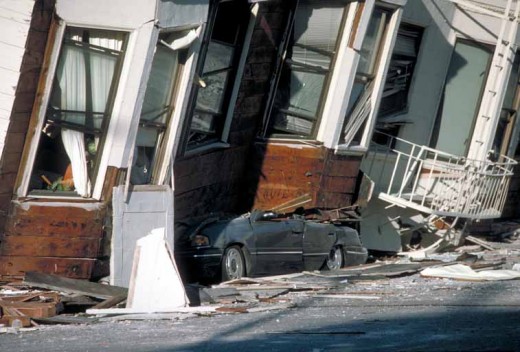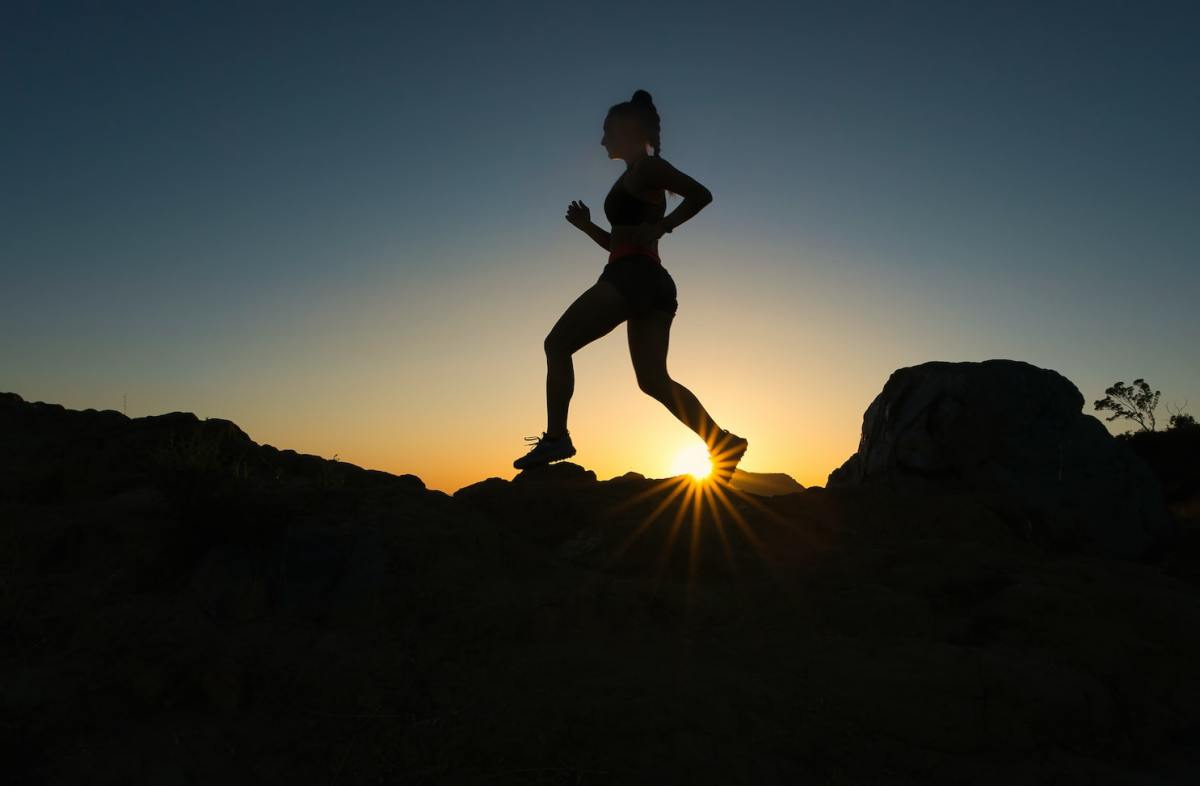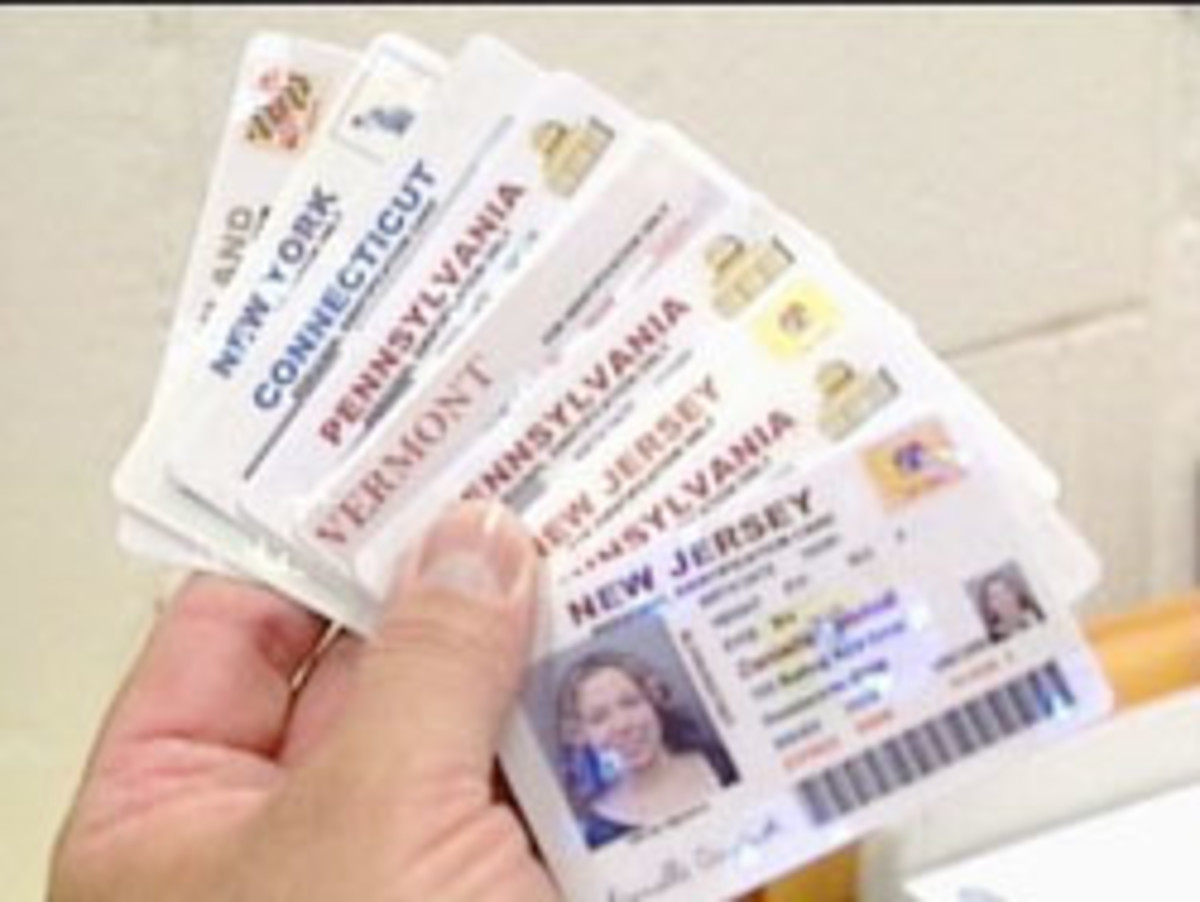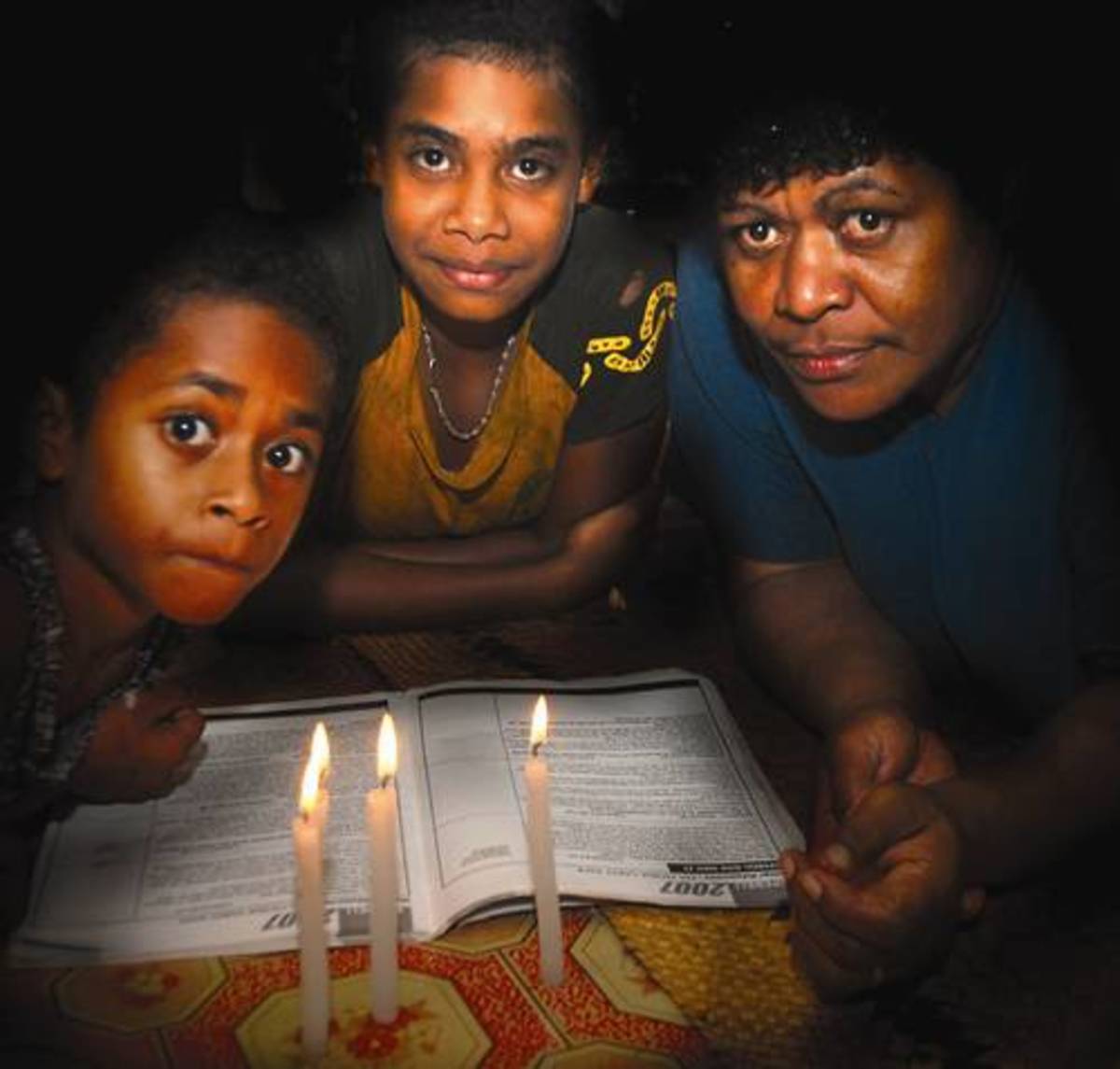Emergency! Are you prepared for a major earthquake?
The blink of an eye
Picture this. You're sitting there (where ever there happens to be) reading this hub, when all of a sudden you feel the ground beneath you start to tremble. Within seconds, the tremble turns into shaking, and your whole world has taken a turn into the surreal- and is now a violent, jumping mass of confusion and disarray. You hear screaming, glass breaking, car alarms sounding, and the gut wrenching sound of metal, steel, wood, and concrete snapping and smashing as houses and buildings come crumbling down around you. It's "the big one", the earthquake they've been predicting for years.
Momentarily paralyzed with fear, you shut your eyes tight and pray. Your mind is racing, you can't concentrate, and in the most selfish, desperate moment of your life, you ask God for one thing and one thing only: "Please let me live through this."
Suddenly, everything stops.
You open your eyes, and all you can see is destruction- a mangled, warped version of what used to be the city you once lived and thrived in. Noise is all around you. The screaming is worse, coming from multiple people in various areas. The car alarms are now joined by house alarms, sirens, and horns honking. Then suddenly your mind is able to focus, and a shuddering thought sucks the air out of your lungs and practically knocks you down: "What about my family!"
"What do I do now? How do I find them? How do I contact them? Did they survive? Who can help me?" Chances are, you're on your own. The question is, are you and your family prepared?
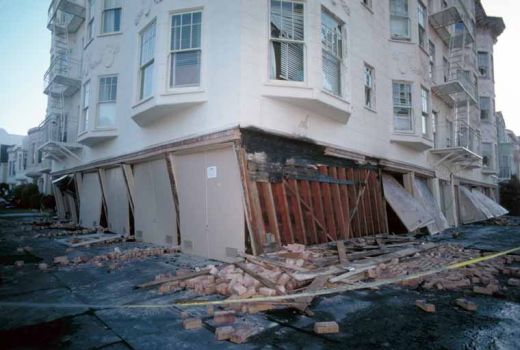
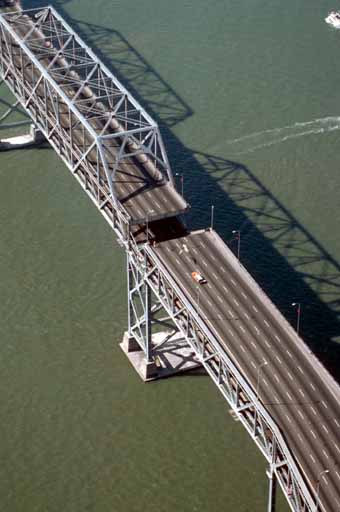
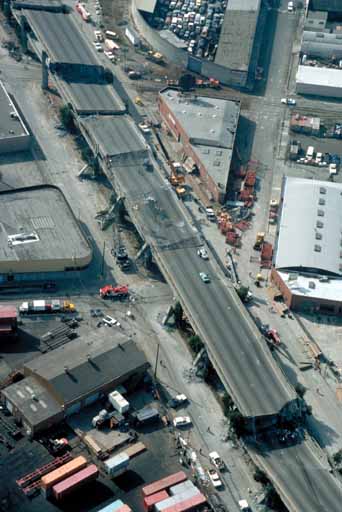
Planning ahead
The reason I wanted to paint such a grim picture right from the start is because I don't think people have any idea of how catastrophic "the big one" might really be. The Loma Prieta Quake, or the "Quake of '89", or the "World Series Quake" registerd 6.9 on the Moment magnitude scale. 63 people died (57 directly from the quake, 6 indirectly), 3,757 people were injured, 18,306 homes and 2,575 businesses were damaged, and anywhere between 8,000 and 12,000 people were left homeless. All in just 15 seconds.
Obviously, the "big one" is supposed to be "bigger" than this. For the sake of this hub, let's say it's 1 point higher, a 7.9 earthquake. That would be 10 times stronger than in 1989. Keep in mind also, the fact that there was less traffic on the freeway that evening because of the World Series being played between our two Bay Area teams, the San Francisco Giants and the Oakland Athletics. So a 7.9 earthquake could potentially be devastating. The aftermath will be chaos, similar to a third world country war zone.
So I ask again, what have you done to prepare for this? Science ensures that it will happen. Assuming you survive the actual quake, will you then be able to survive the aftermath?
Emergency Pack
Forget that little emergency kit you bought at Walmart or even Sears. That thing won't cut it in an all out, earth shattering battle between man and mother nature. You need something more, something bigger and more heavy duty, something your other emergency kit will actually fit inside.
Now, I haven't actually put this pack together yet myself, but I've had these things written down in my mind for quite some time, so I guess this hub is written for me just as much as it is anyone else. I would suggest a duffle bag, but that's just me. I guess a back pack will do nicely in a pinch, plus it's easier to carry. In planning for events such as these, I like to think worse case scenario. So, I'll try to be thorough and go in the best possible order. Now, what to put inside?
For your immediate survival
You can't help anyone if you can't first help yourself. There is a high probability that you will be injured in the event of a major earthquake. In any likelyhood, you will need:
• basic emergency kit - This will have your band-aids, gauze, neosporin, pain killers, and things of that nature.
• water - You may have to exert yourself and summon strength you never knew you had. Water will become essential to staying hydrated and alive, as well as for cleaning and maybe even cooking. Because of it's importance, I would suggest packing the biggest container of water you think you can handle lugging around, running, jumping, and climbing. I would personally buy the 1 gallon Crystal Geyser jug. It's the cheapest for it's size, plus it's more square so it fits in nicely with the other items in your pack.
• source of fire/light - Keep a lighter or a matchbook, and a mini flashlight in a water tight container (you should always have these items in your car as well).
• health related items - Extra eye glasses, hearing aids, prescription drugs or medications, inhalers, insulin, should all be packed and ready.
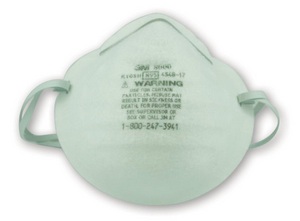

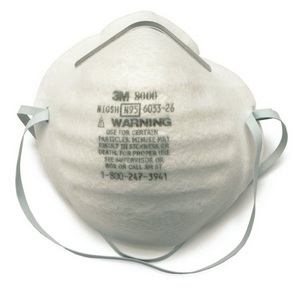
You will probably need:
• extra shoes - Your dress shoes or high heels won't get you very far over cracked earth. Forget about flip flops, and get some hiking boots, prefferably steel toe.
• gloves - You might have to do some heavy lifting, or just touch some very questionable surfaces. Your hands will be your best tools, so protect them.
• protective masks - Ruptured gas mains, various chemical leaks, as well as numerous fires will all be permeating the air around you with harsh toxins. A respirator mask at the very least will work wonders.
You might need:
• food - Depending on the situation, you might be stuck somewhere for a while longer than expected. Hunger will surely set in. I suggest packing canned foods (with pop tops), or other foodstuffs with long shelf lives that aren't perishables, like beef jerky or ARMY MRE's (Meals Ready to Eat). This means you will also need utensils.
• weapon(s) - Hopefully it won't come down to this, but better safe than dead. Never under estimate the actions of a person desperate for their own survival. Nature of the beast (think "Lord of the Flies). A knife at least has other purposes as well. A gun, well, it's more of a last resort kind of thing.
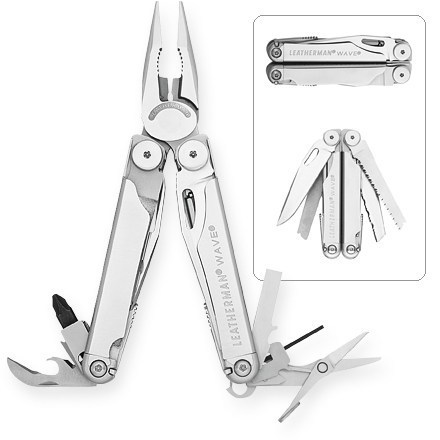
• tools - I would highly suggest a multi-tool like the ones made by Gerber or Leatherman. These usually come with pliers, wire cutters, knife, scissors, file, bottle opener/wire stripper, screwdrivers, saw, etc. Everything you might need and some you might not, all in a light weight, pocket-size, foldable stainless steel/carbon/alloy package.
• rope/bungee cord - I should hope I don't need to explain the practical uses of these items nor the various circumstances you might need them for. Nuff said.
• inflatable raft - I know what you might be thinking. "What the heck am I gonna need an inflatable raft for?" You might not need one at all, depending on where you live. I live in the Bay Area, where there are several major areas accessible only (if not mainly) by bridge. Should these bridges collapse, and the roadways be impassable, the only way across is by sea. Additionally, there are several areas (mostly north of the Bay Area, around Sacramento), that are actually protected completely by dams. If those go out, the people in these cities would be completely submerged. You will also need a collapsable (plastic) oar. I'm thinking you'll only have room for one.
Packing it all in
Now, believe it or not, all these things should fit nicely in your standard back pack. Think smart, and it can be done. The biggest items are the emergency kit, water, shoes, food, and the raft. The raft would go along the inside wall of the back pack (the side against your back). This will also provide a cushion between your back and the other items. Stuff the tool, gloves, and masks in one shoe (or boot), and any small canned goods and utensils in the other.
Place the shoes (or boots) to one side, then the emergency kit on the other, with the water in the middle of these. This should keep the weight evenly distributed. Any MRE's (if you have them) would go on the shoe side. The matches, flashlight, and health related items should be packed in an air tight, crush proof container, and be kept in one of the smaller front pockets for easy access. Now, as I'm visualizing this in my head, I imagine there's still room for a couple things, maybe a sweater/hoodie, or other personal items.
The rope or bungee cords, and the oar (collapsed), would be stored on the outside of the pack. I'm sure you can figure out how to secure one item using the other...
So there you have it, your fully loaded, fully functional emergency pack. Now repeat this process for every car and home for each of your immediate family members. You will also need to keep a log (for dates) on the water, food, medications (including any insulin or inhalers), and the batteries in the flashlight and hearing aid(s) if any. These will have to be updated or replaced as needed. Now let's move on to the next segment of this emergency, shall we?
Communication
OK. You're alive. You've managed to get the emergency pack from the trunk of your car, drink some water, and shoo away any bad guys. Now it's time to focus on your prime objective in this situation, which is to locate your family.
You pull out your cell phone (assuming it's in one piece), and dial. Nothing. Cellular towers are out of commission. Although most cellular phone companies have an emergency plan, where vans set up a circular perimeter and provide a signal to everyone inside, chances are the roads are impassable. Unless you happen upon an actual person in their company van, your cell phone is kaput. But do not throw it away. Turn on the GPS and store it somewhere on your person or in the back pack (prefferably in the water tight container with the matches and flashlight).
Your next best bet is a (multiple) set of two way radios. You'll want one in each pack, set to the same frequency. You'll have to keep a log for these batteries also. These radios can have a radius of up to 25 miles, and the communication they can provide will prove priceless in any emergency.
I'm sure, however, that there are other, newer, more dependable means of communication that I am not aware of, so if anyone reading this cares to comment or otherwise add to this hub, please be my guest. I'm sure wireless internet access will somehow figure into this as well, and I'd love to hear about it.
Realize that it may take way longer than you expect to hear back from your family members, if at all.
Remain calm
Yeah, right! Unless you went to the academy with James Bond, you're most likely gonna lose it. All I ask is, after your wild ranting and uncontrolled panic, you stop and THINK. This emergency pack is pretty much universal for all natural disasters, give or take a few minor items, so you should be good to go.
Remember, you have everything you need to survive, and so does the rest of your family. You should have a pretty good idea of the general direction your loved ones are in, so put on your boots, gloves, and mask, and get to searchin'! People are depending on you!
